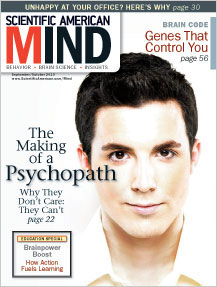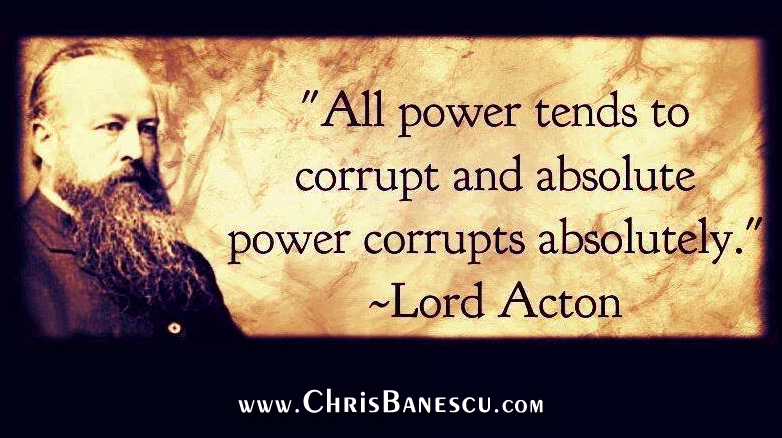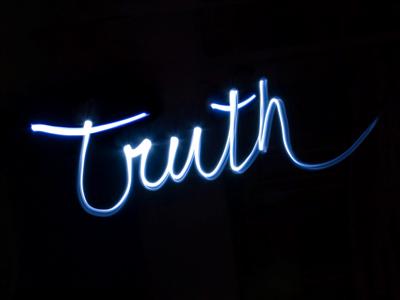 by Davia Temin –
by Davia Temin –
Evil in the office. If you think about it, you’ll probably realize you’ve seen it play out at least once in your career.
All of a sudden a well-running, friendly, effective group or company begins to disintegrate for no apparent reason. People start to become demoralized and dysfunctional, efficiency plummets, client service and sales suffer and convoluted mistakes are made, up to and including illegal behavior such as fraud and larceny. Employees begin to develop psychosomatic illnesses, sick time rises and the best talent starts to leave.
What used to be a great work situation turns into a nightmare.
More often than not this dysfunction can be traced to the entry of one new employee, perhaps the boss, his or his assistant, the head of HR or a new shop steward. And when you start to explore, you find that, though the person may look and act apparently normal–even charming–all those around him or her are suffering. [Read more…]

 by Chris Banescu –
by Chris Banescu – Telling the truth is too often overlooked in business. Truth is the catalyst that should inform all management decisions and actions. It’s the foundation on which trust and integrity rest. Truth is the critical prerequisite that enables management and employees to make ethical decisions in the day-to-day activities of an organization.
Telling the truth is too often overlooked in business. Truth is the catalyst that should inform all management decisions and actions. It’s the foundation on which trust and integrity rest. Truth is the critical prerequisite that enables management and employees to make ethical decisions in the day-to-day activities of an organization.